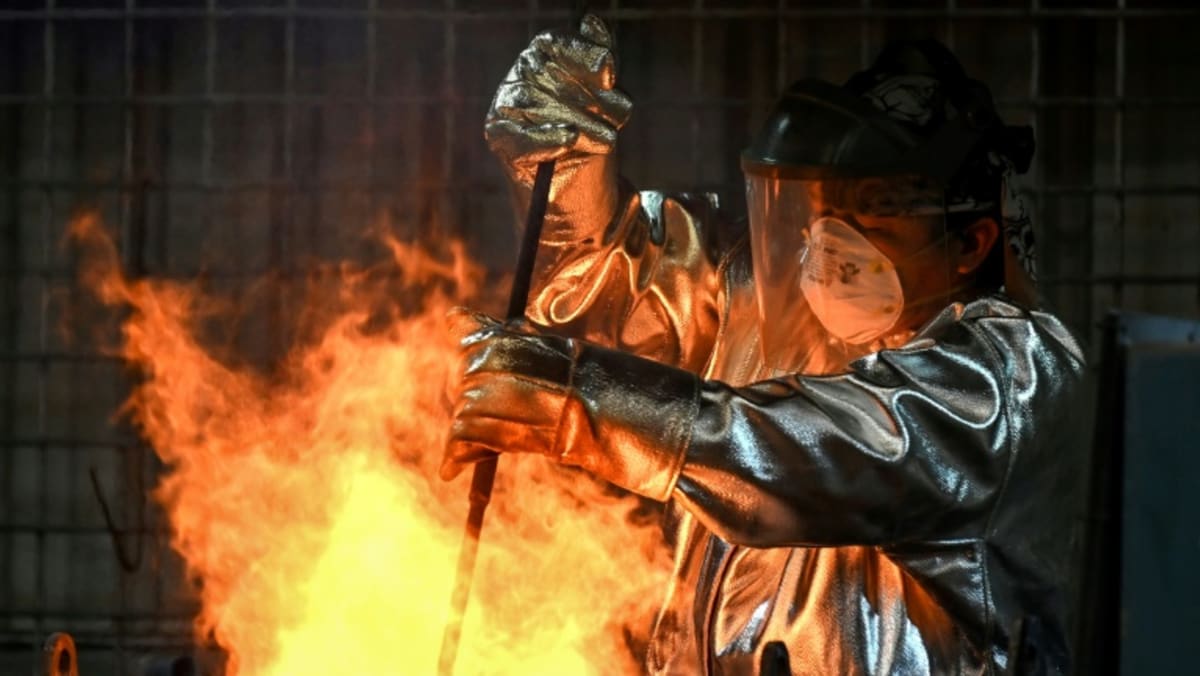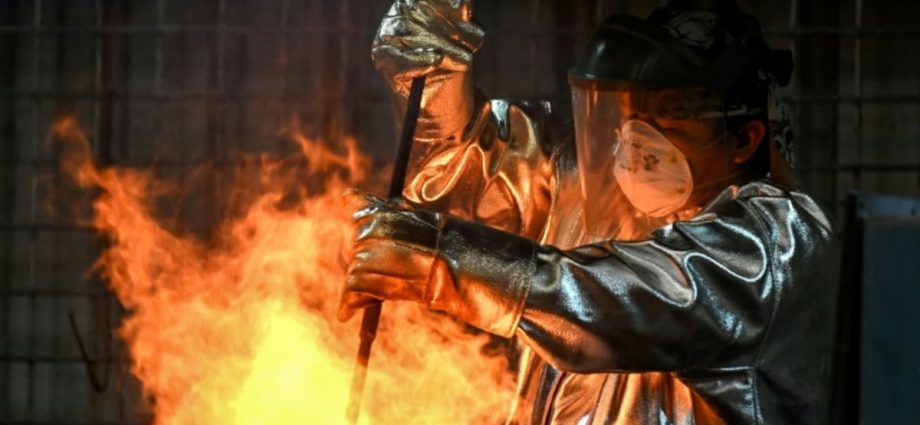
CYANIDE, ARSENIC
There was widespread alarm in neighbouring communities about a decade ago when mass blood testing found some villagers had elevated levels of heavy metals, including arsenic, manganese and cyanide.
The mine denied responsibility, saying arsenic and manganese occurred naturally in the area.
Thailand’s industry minister at the time said an inquiry could not conclusively link villagers’ health complaints to the mine, but recommended it be shut for the “benefit of society”.
The mine, some 280km north of Bangkok, was a big economic player in a poor rural area, directly employing 1,000 people.
Rehired workers say losing their jobs took a devastating toll. Many were forced to leave children with grandparents to find work far away, while scores of small businesses shut.
Akara senior human resources officer, Chalita Kongpradab, was pregnant when she was made redundant and had to scratch together a living as a fish and noodle vendor.
“It barely helped me to survive. Some days I could only sell one bowl of noodles,” she said, crying.
COMMUNITY FUNDING
While many in the area welcome the economic boost, some told AFP anonymously that they were still worried about chemicals and metals.
Others were concerned about blast noise and dust causing respiratory illnesses.
“For the people living close to the mine like me, I’d like to be moved out first,” said Dao Seehawatr, 59.
Kinnaird said the company would be more responsive and closely monitor noise, dust and locals’ health.
Thai academic Nattavud Pimpa characterised the mine in 2015 as a “lesson in failed community management”. He told AFP this week there were signs the company had “learned to engage deeply with the community”.
Akara general manager of sustainability Cherdsak Utha-aroon said some royalties would go to a community support fund, as well as a health-monitoring programme.
Chatree produced more than 1.8 million ounces of gold and nine million ounces of silver between 2001-2017.

